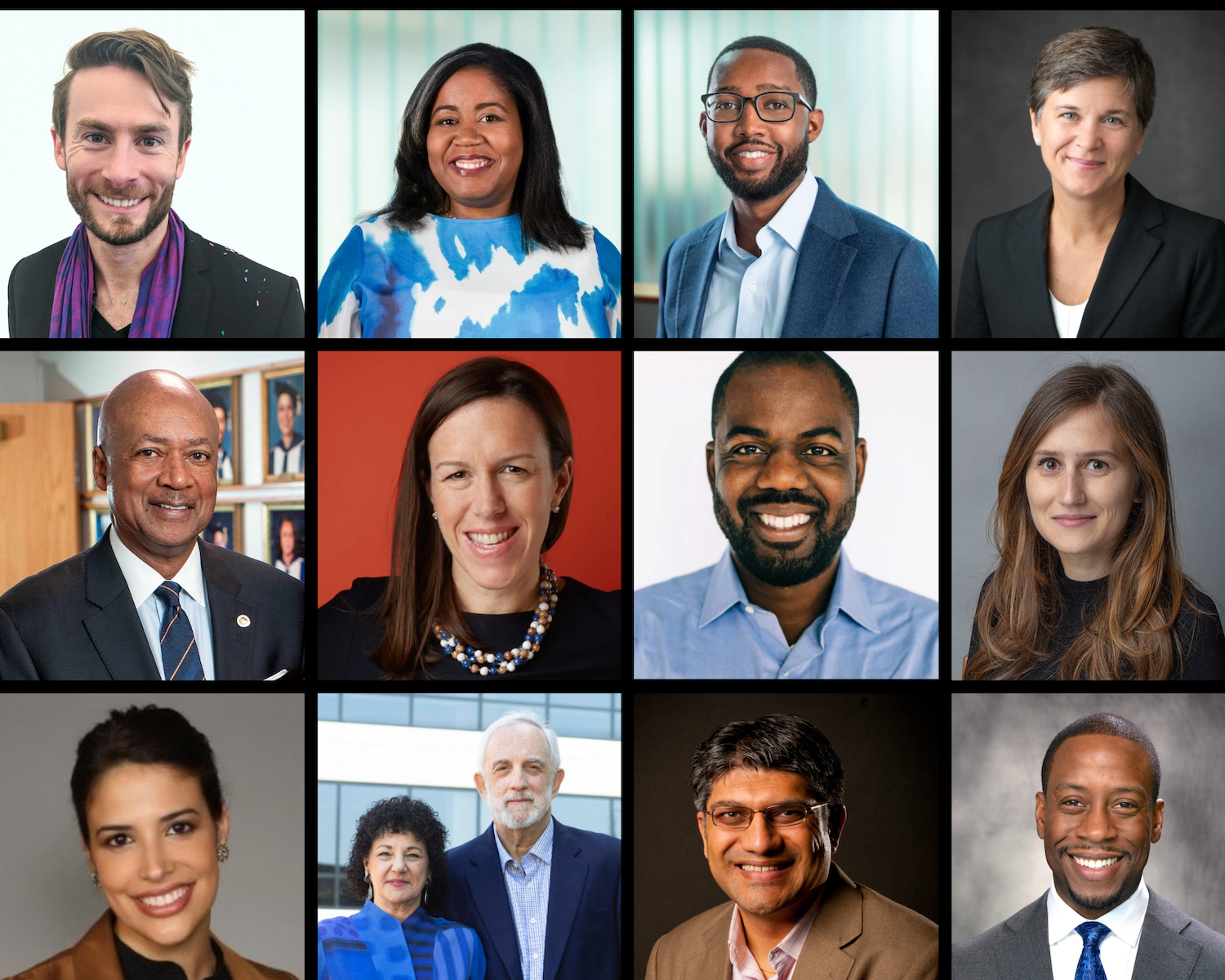ImpactAlpha, Dec. 22 – It’s not about the scores. It’s about the solutions.
ESG – shorthand for the consideration of environmental, social and governance considerations in enterprise operations and investment decision-making – has taken a beating from all sides this year. ESG is either a barely disguised conspiracy to undermine capitalism or a toothless box-ticking fad designed to pump up wealth-management fees.
When the history is written, ESG will most likely be remembered instead as a transitional stage that established the materiality of a range of factors previously considered external to business and finance. The acceptance of the materiality of ESG has surfaced operational data, institutionalized reporting requirements, established standards and benchmarks and elevated the management of those once-external factors to the C-suite, boardroom and investment office.
The historians may also say that ESG trends, rough as they were, helped distinguish the leaders who ushered in an economy built around sustainability, inclusion and equity from the laggards who tried to block it.
In the middle is a group of institutional investors, asset managers (looking at you, BlackRock) and corporate CEOs who are hedged against the low-carbon transition and the diverse new majority but have not yet bet the company (or portfolio or endowment) on systemic reform and transformational change. In 2023 and beyond, that straddle will become harder to manage.
This year’s “ESG backlash” is an early skirmish in a much larger contest, but poses a useful question: Which side are you on?
Revenue materiality
The shift from ESG inputs to impact-oriented outputs, as shown by a company’s revenue mix, is increasingly central to how investors are valuing a company’s prospects in the 21st century.
“We invest in companies which produce products and services which change the world, not the ones that change their operations,” says Robert Brown of Atlas Impact Partners, one of the first impact-themed long-short hedge funds. For its long investments, Atlas sets a bar of 80% of revenues generated from products and services directed toward the Sustainable Development Goals.
Carbon Collective’s climate solutions ETF includes approximately 200 companies that generate at least half their revenues from a climate “drawdown” solution. In its impact strategies, Wellington Management sorts for companies deriving at least 50% of revenues from products and services that align with the firm’s impact themes.
“Revenue-materiality is so important, because it’s not about tinkering around the edges,” said Wellington’s Oyin Oduya. “It’s about, ‘Is the majority of my reason for being as a company helping to solve these environmental and social problems?’”
As Elon Musk and other tech billionaire rage tweeted against ESG, Tesla’s annual impact report drove home the point. “As the world needs to strive for a substantial positive impact, we won’t be referring to ESG in this report,” Tesla writes in a forward to the report. “Instead, we’ll talk about impact” (for more on Musk, see Ryon Harms’ new guest post, “Elon’s reputation tanks along with his credibility on ESG”).
What we’re watching for: Growth in the share of companies’ revenues generated by strategies for environmental regeneration and social inclusion.
Worker power and corporate accountability
Before they became a scapegoat for inflation, U.S. workers were enjoying a long overdue revival. With demand strong and talent scarce, employers were competing, unions were organizing, and real wages were rising sharply – for the first time in decades. “The American worker has already proven that it is the engine of productivity. It has not captured the profits from that productivity,” says Roy Swan of the Ford Foundation, who has built an investment strategy around quality jobs.
Along with corporate accountability, better treatment of workers is the ESG plank with the most bipartisan popular support. A survey by the nonprofit Just Capital found that Americans believe workers to be business’s most important stakeholder. The public opinion polling company GQR found bipartisan majorities in favor of companies measuring their impacts on workers, as well as on communities and the environment.
ESG investors would broaden their base of support by focusing more on workers, argued Margot Brandenburg, Bob Eccles and Leo Strine in a guest post. “If hardworking taxpayers and voters can see themselves in ESG strategies, they are much more likely to favor them.” One way to highlight corporate accountability to workers, they argue, is upgrading ESG to EESG to put employees at the forefront.
Go deeper:
- Employees: The Missing ‘E’ in ESG
- Expanding the ‘S’ in ESG to account for the full scope of corporate impact on workers and communities
- Reclaiming ESG as pro-business and pro-worker
Countering the ESG backlash
ESG is about the material environmental, social, and governance risk factors that matter to enterprise value-creation, explains Oxford’s Bob Eccles, while impact is about the positive and negative externalities created by a company’s products and services. Eccles offers three pieces of advice to ESG investors: Don’t overpromise on ESG. Don’t underestimate the importance of ESG even if it’s not “true” impact. And accept that tradeoffs exist.
Coalitions of climate, labor and “stakeholder capitalism” organizations are coordinating their messaging, social media and state-level organizing to more quickly respond to rhetorical attacks and legislative proposals to roll back ESG policies and practices at state agencies and pension funds. It’s hard to argue that managing a corporation’s environmental, social and governance risks – and impacts – is not essential to long-term success, or even survival.
“ESG is not a religious doctrine, or some kind of precious garden that needs to be protected,” ImpactAlpha’s Imogen Rose-Smith wrote in her Institutional Impact column. “ESG does best, and will thrive, when it is subject to rigorous and intense (good faith) debate.”
Go deeper:











